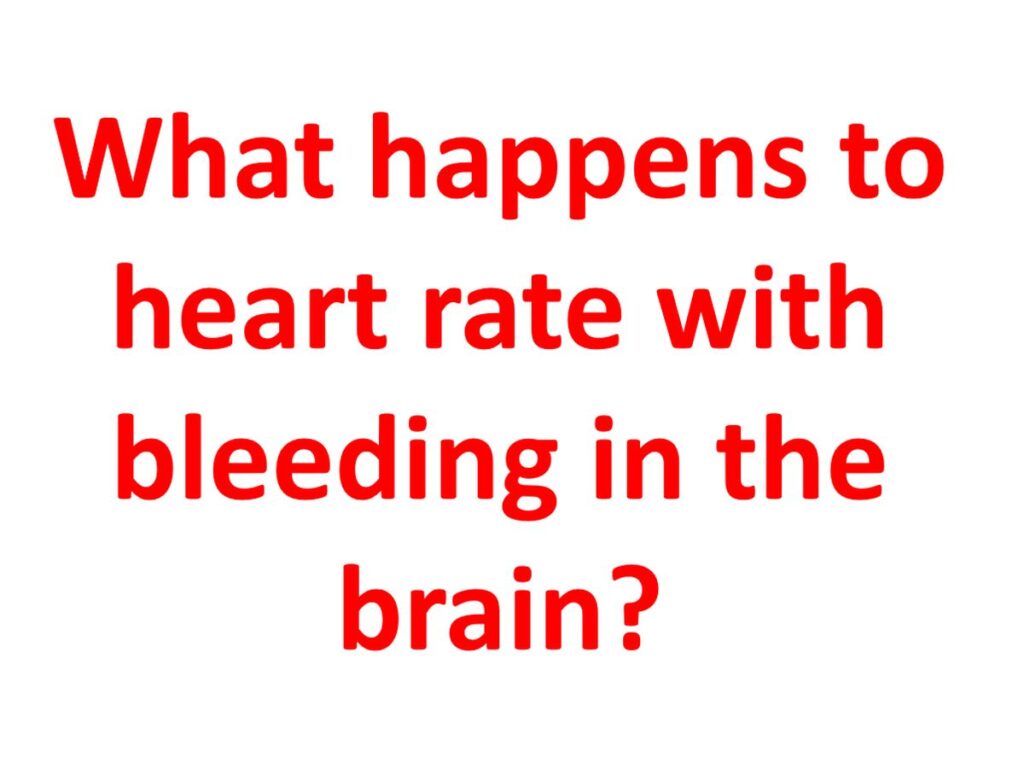What happens to heart rate with bleeding in the brain?
When it bleeds within the brain, the intracranial pressure goes up. This causes a reflex increase in the pulse pressure with increased systolic pressure and slowing of the heart rate. This known as the Cushing reflex. Other names for this phenomenon are: vasopressor response, Cushing effect, Cushing reaction, Cushing phenomenon, Cushing response, or Cushing’s Law, all these after Harvey Cushing, who described it in the beginning of the twentieth century.
Reference
- Cushing H. Concerning a definite regulatory mechanism of the vasomotor centre which controls blood pressure during cerebral compression. Bull Johns Hopkins Hosp.1901; 126: 289–292.


